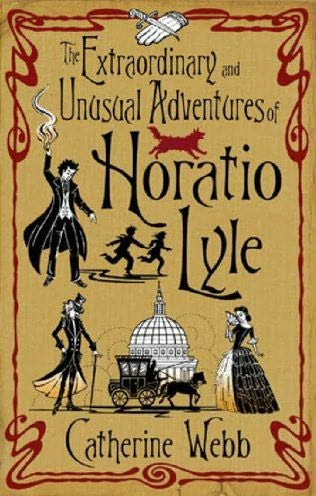The Call of Zulina is the first in what promises to be an exhilarating series which unearths some of the darker parts of human history.
Drawing on an extensive and wide-reaching range of writing experience, Strom spins the story of Grace Winslow: a woman trapped between two worlds.
Grace’s lineage is a hybrid of royalty and slavery: her father a noted English sea-captain, her mother an African princess. Notes in the book inform us that this marriage is based on factual events.
From the beginning, Strom’s passion for the subject matter and erudite grasp of the culture, vernacular and atmosphere of Winslow’s time and circumstance flash across the page. Indeed, Strom’s work on the life of John Newton and her companion book for the famed William Wilberforce biopic “
Amazing Grace” have allowed her the freedom to play with an established era in a satisfying fictional way.
I enjoyed Grace’s strength , courage and strong set of unwavering ideals in a time and place where black and white were often muddled into unsavoury, and unethical grey areas.
From the point when Grace’s beloved gazelle is murdered to impress a portly guest, Grace’s innocence is lost. In its stead rises a strong woman vehemently opposed to injustice.
This was a fresh and satisfying read with a healthy dose of verisimilitude. I felt quite engaged with all of the characters and enmeshed in the historical canvas painted for us.
I am happy to include an erudite interview Kay Marshall Strom participated in for this blog tour:
1. How did you come up with the storyline of The Call of Zulina?
While in West Africa working on another project, I toured an old slave fortress and was struck dumb by a set of baby manacles bolted to the wall. The characters of Lingongo and Joseph Winslow, Grace's parents, are modeled after real people who ran a slave business in Africa in the 1700s. I "met" them when I was researching Once Blind: The Life of John Newton, a biography of the slaver turned preacher and abolitionists, author of Amazing Grace. The more I thought about them, the more I wondered, "If they'd had a daughter, who would she be? Where would her loyalties lie?"
2. What inspired you to write a book so entrenched with uncomfortable issues?
I used to think that non-fiction was the meat and potatoes of writing and fiction was the chocolate mousse dessert... fun, but not of much value. But I've come to understand that truths can be revealed through fiction just as powerfully as through non-fiction. Sometimes, more so! The fact is, for so long we have tried to look away and pretend that this horrible chapter in history never happened. But it did, and we still feel the effects today. Moreover, the roots of slavery--hunger for power and money, fear and diminishment of people unlike ourselves, and humanity's endless ability to rationalize evil actions--abound today. The time seemed right.
3. How have your travels around the world equipped you for writing such a historical novel?
People ask me where my passion for issues such as modern day slavery come from. To a large degree it is from the things I have seen and heard on my numerous trips to India, African countries, Cambodia, Nepal, Indonesia, and other places around the world.
4. Tell us a personal story regarding modern day slavery.
A most pervasive type of slavery is what is known as bonded servitude, where entire poor families are bound into virtual slavery--sometimes for generations--because of a small debt. This is especially common in India. I visited a village in central India where the women had been freed from bondage and set up with a micro loan that allowed them to raise a small herd of dairy cows. They worked so hard and saved every rupee. When they had enough saved, they persuaded a young teacher to come and start a school for their children. Then they used further profits to make low interest loans to others in the area so they could start their own businesses, too--a little bank. I sat in a circle with the five women who made up the "board of directors." Only one could read and write. I asked, "How will the next generation be different because of what you have done?" They said, "No more will be like us. When people look us, they see nothing. But when they look at our children, they see real human beings with value."
From invisible slaves to human beings... all in one generation!
5. Grace, the lead character in The Call of Zulina, forsakes all to escape the slavery of her parents and an arranged marriage.How common is this scenerio today in other countries?Horrifyingly common. Slavery today takes many forms. According to UNICEF's more conservative count, there are about 12 million people living as slaves today--three times as many as in the days of the African slave trade. As for child arranged marriages, I have talked to girls "enslaved" to husbands in many countries. Examples include a girl in Nepal married at 9 to a middle-aged man, one in India married at 11, a 13-year-old in Egypt married to a man older than her father. I've seen it in Africa, Eastern Europe... so many places!
6. What about in America, are there slavery and trafficking issues here?Unfortunately, there are. The U.S. State Department estimates between 14,500 and 17,500 people are trafficked into the Untied States each year, although it concedes that the real number is actually far higher. And it's not just states like New York and California that are affected, either. According to the U.S. Justice Department's head of the new human trafficking unit, there is now at least one case of trafficking in every state.
7. You've had 36 books published, and more written and contracted for future release. How has this one impacted your own life?Some books report, some tell stories. This book has torn my heart.
8. Briefly tell us about the next two books in this Grace in Africa trilogy.
In Book 2, Grace watches her reconstructed life smashed by slavers and revenge, and she is forcibly taken to London. There she faces a new kind of tyranny and another fight for freedom... and for her husband, who is enslaved in America.
Book 3 is set in the new United States of America, in the heart of the slavery. It is a story of slavery at it's worst and redemption at its best.
What Can Concerned Citizens Do to Raise Awareness?Find out all you can about Modern Day Slavery: then watch for chances to pass on what you have learned.
Write to your elected officials: Petition them to place a high priority on enforcing anti-slavery laws and to put pressure on countries that tolerate forced labor or human trafficking.
Buy Fair Trade products: Fair trade provides a sustainable model of international trade based on economic justice. To find out more, see
http://www.fairtrade.net/ .
Support organizations that are in a position to make a difference. When you find an one that is doing a good job on the front lines, contribute to their cause so they can continue on.
Be willing to step into the gap. If you suspect someone is being held against his or her will, call the Department of Justice hotline: 1-888-428-7581. Or you can call 911.
My thanks to KCW Communications for the opportunity to participate in this worthy tour and discover a fantastic new author.
I cannot wait for book two!

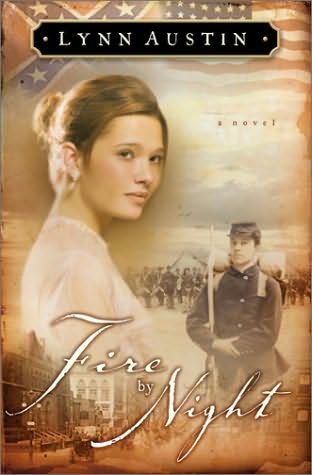
 Happy Fall!
Happy Fall!






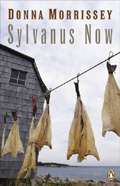
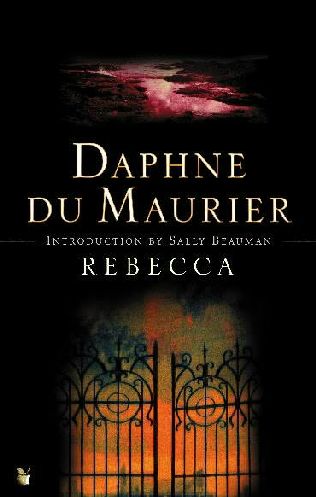
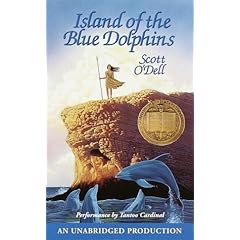




 [Rachel Edit: This Will Ferguson cover is TAKING UP YOUR SCREEN! ]
[Rachel Edit: This Will Ferguson cover is TAKING UP YOUR SCREEN! ]


